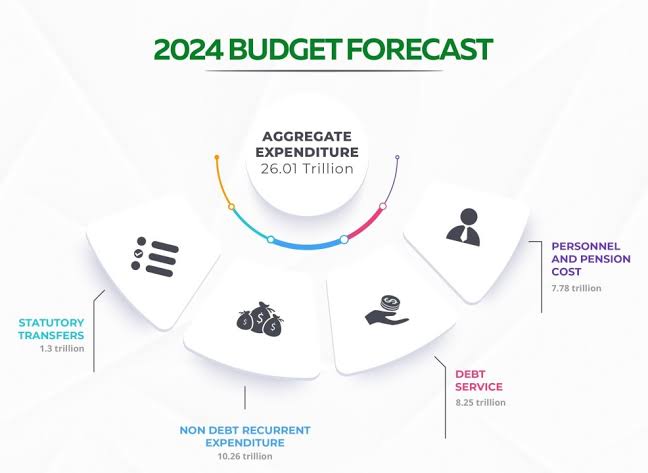Stakeholders within the health sector have raised concerns over the 2024 budget allocations made by the 36 state governments and the Federal Capital Territory (FCT), highlighting significant variations in the prioritization of healthcare services across Nigeria.
A detailed examination of the budgets obtained from the states indicates that Kano, Kaduna, Yobe, Abia, and Bauchi have emerged as the frontrunners, allocating between 15.0% and 16.5% of their total budgets to healthcare initiatives.
However, apprehensions arise as several states fall notably behind in their health budget allocations, failing to meet the 2021 African Union (AU) Health Expenditure benchmark, commonly referred to as the Abuja Declaration.
Official statistics reveal that Kwara, Ekiti, and Niger allocated less than two per cent of their budgets to health, raising concerns regarding healthcare accessibility and infrastructure development. For instance, Kwara State allocated a mere 0.17% of its budget to health, signaling potential challenges in healthcare delivery and infrastructure advancement.
Stakeholders have commended the states that have met the 15% healthcare budget benchmark and have called for enhanced funding of the health sector nationwide.
The observed disparities underscore the urgent need for a fairer distribution of healthcare funding to ensure universal access to quality healthcare services, irrespective of geographical location.
Maimuna Abdullahi, a Health Economist and Monitoring & Evaluation Specialist at the Africa Health Budget Network (AHBN), urges citizens in states with lower health budget allocations to advocate for their rights through various means, including public education, social media campaigns, grassroots mobilization, and engagement with policymakers.
Tina Atala, a lawyer based in the FCT, emphasizes the importance of legal avenues for challenging inadequate healthcare funding, urging grassroots mobilization and collaboration with media outlets to amplify the issue.
Meanwhile, the health proposals outlined in the 2024 federal budget aimed at improving the physical and mental health of Nigerians have fallen short of the 2021 Abuja Declaration. The Federal Government has allocated N1.502 trillion for healthcare services, including provisions for the Basic Healthcare Provision Fund and other critical infrastructure and healthcare development programs.
However, concerns persist regarding the sufficiency of the budget, given Nigeria’s high out-of-pocket health expenditure and challenges posed by macroeconomic indicators. Questions arise regarding the efficiency of fund management and value for money, particularly concerning allocations such as the N57.392 billion earmarked for the “Immunisation Plus and Malaria Progress by Accelerating Coverage and Transforming Services (IMPACT)” project.
